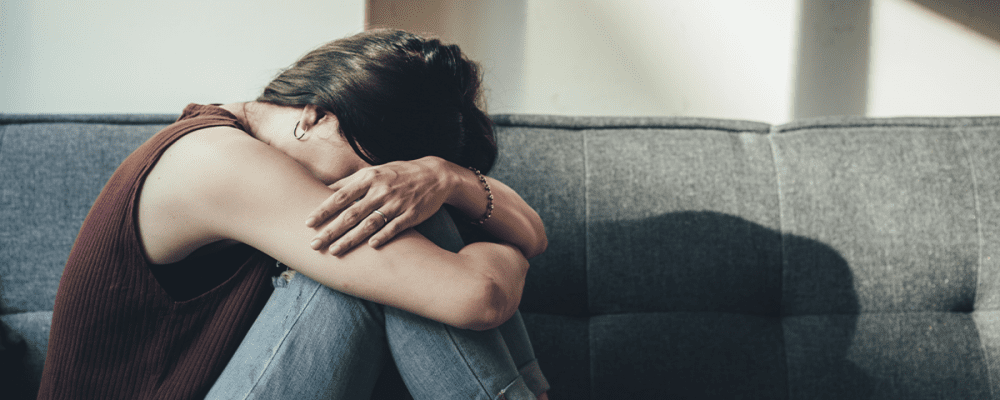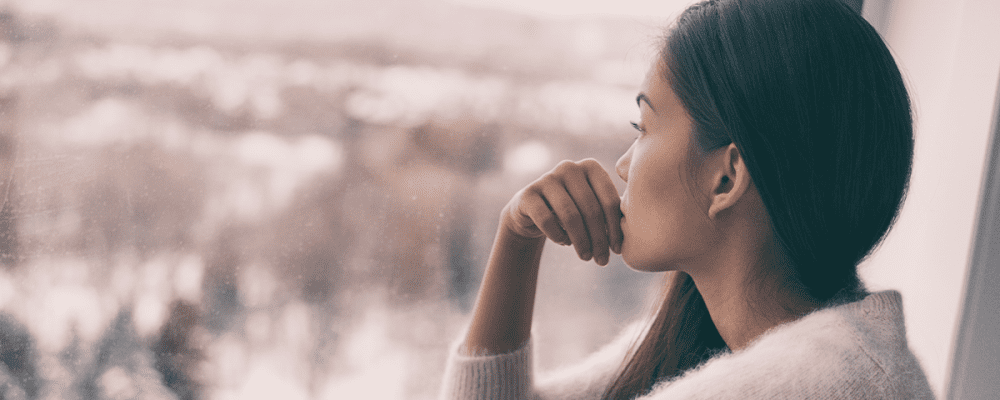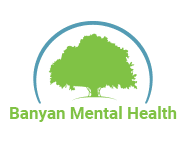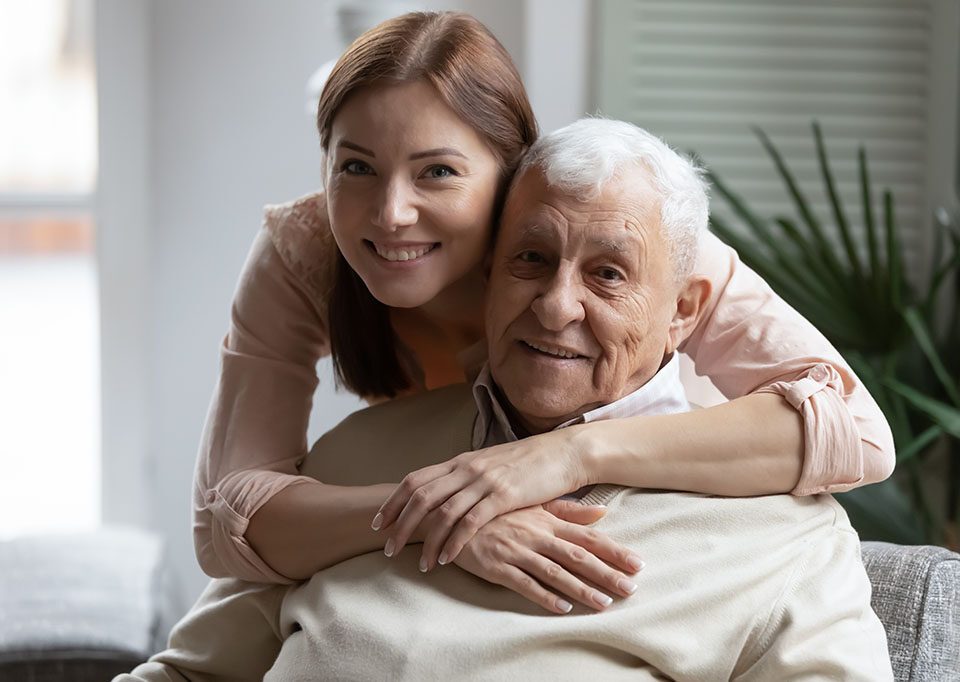


What Does the Bible Say About OCD?
June 29, 2022

Relationship Anxiety Disorder
July 21, 2022Unconscious Bias and Mental Health: How It Affects You


Mental health is a sensitive topic of discussion. For individuals with mental health disorders like depression, anxiety, schizophrenia, and others, finding the right form of treatment can make an enormous impact on their overall stability and way of life. But what happens when mental health specialists impress certain attitudes and even stereotypes when treating their patients? Follow along with us as we explore the link between unconscious bias and mental health.
What Is Unconscious Bias?
Bias refers to prejudice that’s in favor of or against one thing, person, or group compared with another, usually in a way that’s considered negative or unfair. Biases may be held by an individual, group, or institution and can have long-lasting negative or positive consequences.
There are several types of biases: conscious bias (also known as explicit bias) and unconscious bias (which is also known as implicit bias). Biases, whether they’re conscious or unconscious, are not limited to ethnicity or race.
Though racial bias and discrimination are common and well-documented, biases may exist towards any social group, with characteristics like age, gender, physical attributes, religion, sexual orientation, and weight being subject to bias. With this in mind, today we’re going to be looking at unconscious bias.
Unconscious biases are social stereotypes about certain groups of people that others from outside of their conscious awareness or simply without realizing it. Everyone holds unconscious beliefs about various social and identity groups, and these biases are often the result of our tendency to organize the social world by categories.
Unconscious bias is more common than conscious bias and is often unrelated to one’s conscious values. Certain scenarios can trigger implicit bias, such as working under pressure or stress.
What Is the Relationship Between Unconscious Bias and Mental Health?
While the definition of unconscious bias addresses what it means, what are some examples of unconscious bias that can help us understand how it impacts people in the mental health system?
Unfortunately, implicit bias in mental health treatment is common. Types of unconscious bias in mental health include:
-
Ageism: Discriminating against someone because of their age.
-
Affinity bias: This bias refers to our tendency to gravitate toward people similar to ourselves.
-
Beauty bias: Judging people, particularly women, based on how attractive we think they are.
-
Confirmation bias: Refers to the tendency to look for or favor information that confirms our beliefs.
-
The contrast effect: This bias refers to comparing the performance of different people because they were experienced either simultaneously or in close succession.
-
Gender bias: This is the tendency to prefer one gender over another or assume that one gender is superior or better at something.
-
Name bias: When you judge a person based on their name and perceived background.
-
The halo/horns effect: This is the tendency to put someone on a pedestal or think more highly of them after learning something impressive about them or perceiving someone negatively after learning something negative about them.
-
Weight bias: Judging a person negatively because they are larger or heavier or smaller than average.
These are only some of the many unconscious biases that people indulge in every day. Unfortunately, even mental health specialists have implicit biases.
Mental health professionals may have unconscious negative or stigmatizing attitudes towards groups that get automatically activated during encounters with clients. Implicit bias is a more subtle form of discrimination that often occurs outside of the person’s conscious awareness.
Unconscious bias and mental health are linked because the former can negatively influence a mental health care provider’s willingness to engage in patient-client care, refer treatment, or even adhere to guidelines when serving different groups of people. Implicit bias can also contribute to misdiagnosed mental disorders.
Understandably, mental health systems are particularly vulnerable to implicit bias because so much of the care offered to patients is based heavily on provider discretion. As such, providers’ unconscious biases towards groups such as homeless people, veterans, people of color, incarcerated individuals, or others can have multiple negative effects on those seeking residential mental health care.
Importance of Unconscious Bias Training for Mental Health Professionals
It’s part of our human nature, bringing awareness to implicit bias is crucial for ensuring that people with mental illness are receiving the care they need. Below are some strategies that our Florida mental health rehab utilizes to combat unconscious bias in mental health care:
-
Promoting self-awareness by helping specialists recognize their biases using the Implicit Association Test or other instruments to assess biases.
-
Understanding the nature of bias and one’s strategy of categorization that feeds unconscious bias can help the individual approach their own biases in an informed way.
-
Take advantage of opportunities to talk to others who are socially dissimilar from us and speak to others about your biases in a safe space where the conversation is open.
-
Facilitating discussion and training sessions about unconscious bias to help specialists identify biases they might be implicitly feeding.
Get Mental Health Treatment Now
Although the idea of a specialist practicing unconscious bias is scary, this is a normal and common aspect of our human nature that everyone needs to work through. With that said, not only do we prepare our specialists against biases, but we also encourage those with mental health disorders to receive professional care.
Mental health care can make a positive and long-lasting impact on your well-being and lifestyle and should not be neglected. If you’re worried about how to get started, call Banyan Mental Health today at 888-280-4763 to connect to one of our team members and learn more about our Florida mental health rehab programs.
Related Reading:







